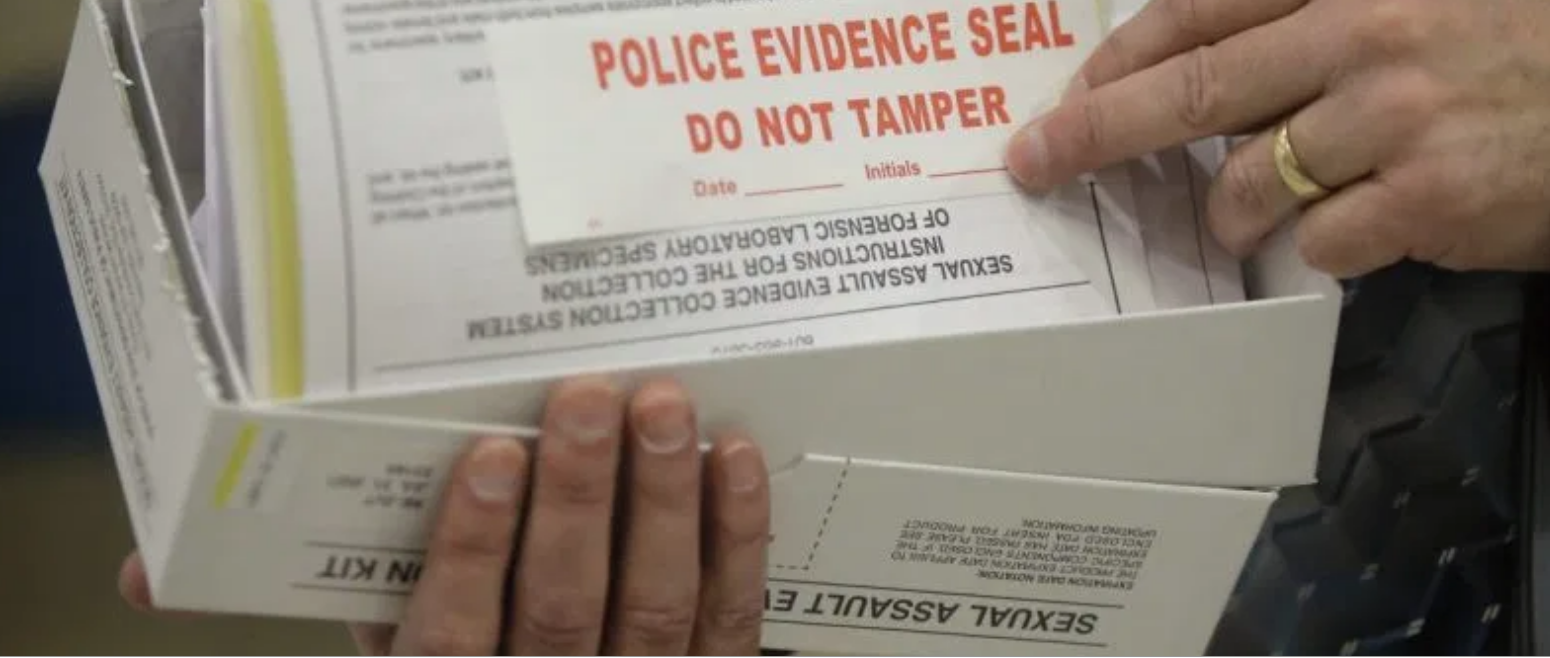- Home
-
News | Services
- CertificationEvidence Training & Certification Programs
- AccreditationAccreditation Guide & Resources
- Evidence News Top National & Global News
- NewsletterMonthly IAPE Email Newsletter
- Sponsors/AdvertisersAdvertisers & advertising options
- Job BoardView & Submit Job Listings
- Evidence Associations State Affiliates & Organizations
-
 ResourcesBooks | Manuals | Guides
ResourcesBooks | Manuals | Guides
- IAPE Forms & Professional StandardsForms | Standards Sample
- Manuals & GuidesSubmission | Packaging | & More
- DNA ResourcesJournal Articles & Law Enforcement Links
- Other ResourcesAudits | Digital | Best Practices
- Fentanyl ResourcesAudits | Digital | Best Practices
- Admin KillAdmin Approval to Purge Docs
- IAPE GalleryBest Practices From Agencies
- Fentanyl Resources & Guides
- Evidence by the book
- Evidence LogOnline IAPE Magazine
- Classes
- Membership
- About
- StoreIAPE Krapola
-
 Video ClassStudent Login
Video ClassStudent Login
California must finally end the backlog of unprocessed rape kits. Here’s how
We have been fighting for statewide regulations to ensure that all kits are tested in a timely manner.
September 5, 2019
After a sexual assault, survivors undergo an incredibly invasive procedure, typically involving being examined, swabbed and photographed for several hours. The specific purpose is to collect DNA and other evidence used to identify the perpetrator.
It is the ultimate injustice to discover that thousands of sexual assault evidence kits collected during the examination sit untested and ignored on the shelves of a police department or crime lab.
That is why we have introduced and are sponsoring Senate Bill 22. We want to ensure justice for survivors of sexual assault and we want to apprehend the assailants.
Following federal best practices, SB 22 requires that newly collected rape kits be submitted within 20 days and tested no later than 120 days after receipt. This timeline ensures that never again will a survivor find her or his kit sits untested.
Three years ago, we worked on legislation to eliminate the statute of limitations on rape and sexual assault, which was signed into law here in California. The fight for justice for survivors of sexual assault now continues with SB 22.
The Alameda County District Attorney's Office embarked on the task of identifying all untested rape kits in 2013, and discovered a county-wide backlog of nearly 1,900 kits. Today there are no untested sexual assault evidence kits in Alameda County, though that is certainly not the case in other counties across the state.
We have been fighting for statewide regulations to ensure that all kits are tested in a timely manner. Without such a requirement, DNA evidence sits untested, survivors are denied justice and perpetrators continue to roam our streets undetected.
Across California, sexual assault survivors are clearly not receiving equal access to justice. SB 22 would ensure that sexual assault survivors in the state of California will have access to the swift submission and analysis of forensic evidence associated with their cases.
Promptly testing DNA evidence in sexual assault kits will prevent backlogs of forensic evidence in laboratories or evidence rooms and can identify an unknown assailant, link crimes together, identify serial perpetrators, and exonerate the wrongly convicted.
In this #MeToo and #TimesUp era that has given long overdue visibility and urgency to issues surrounding sexual assault, it is clear that public discourse is forcing long-needed conversations about holding perpetrators of these crimes accountable for their actions.
Through SB 22, we have worked alongside the Joyful Heart Foundation and Natasha's Justice Project to correct this intolerable injustice. As SB 22 nears Gov. Gavin Newsom's desk, we appreciate the bipartisan support that this vital measure has earned throughout the legislative process.
In a state with a $213 billion budget, the cost of processing these kits will be minor, especially when compared with the potential justice for survivors of sexual assault.
—
When you subscribe to the blog, we will send you an e-mail when there are new updates on the site so you wouldn't miss them.
Comments
Search IAPE
Blotter - Latest News
Ohio is in the news again!
Breaking News: Ashville Police Chief Placed on Suspension Amid Allegations of Theft July 18th, 2024 Ashville, OH – In a shocking turn of events, Ashville Police Chief Jeff George was walked out of the...
Defendant is the third officer sentenced in the scheme
Former Boston Police Officer Sentenced for Overtime Fraud Scheme July 10th, 2024 BOSTON – A former Boston Police officer was sentenced today in connection with an investigation of overtime fraud at th...
Another Police Chief in TROUBLE!
Ohio BCI investigates after police chief fired, audit finds 'money missing from evidence room' 07/12/2024 NEW MIAMI, Ohio (WXIX) - A state law enforcement agency launched an investigation this week at...



